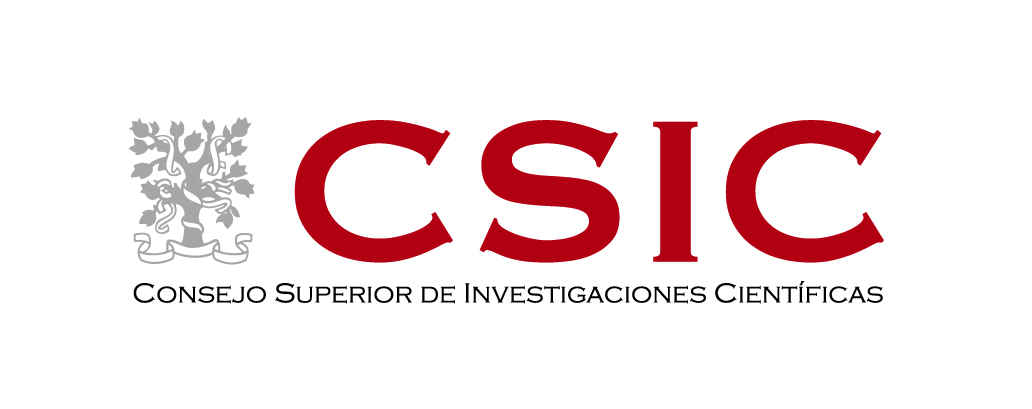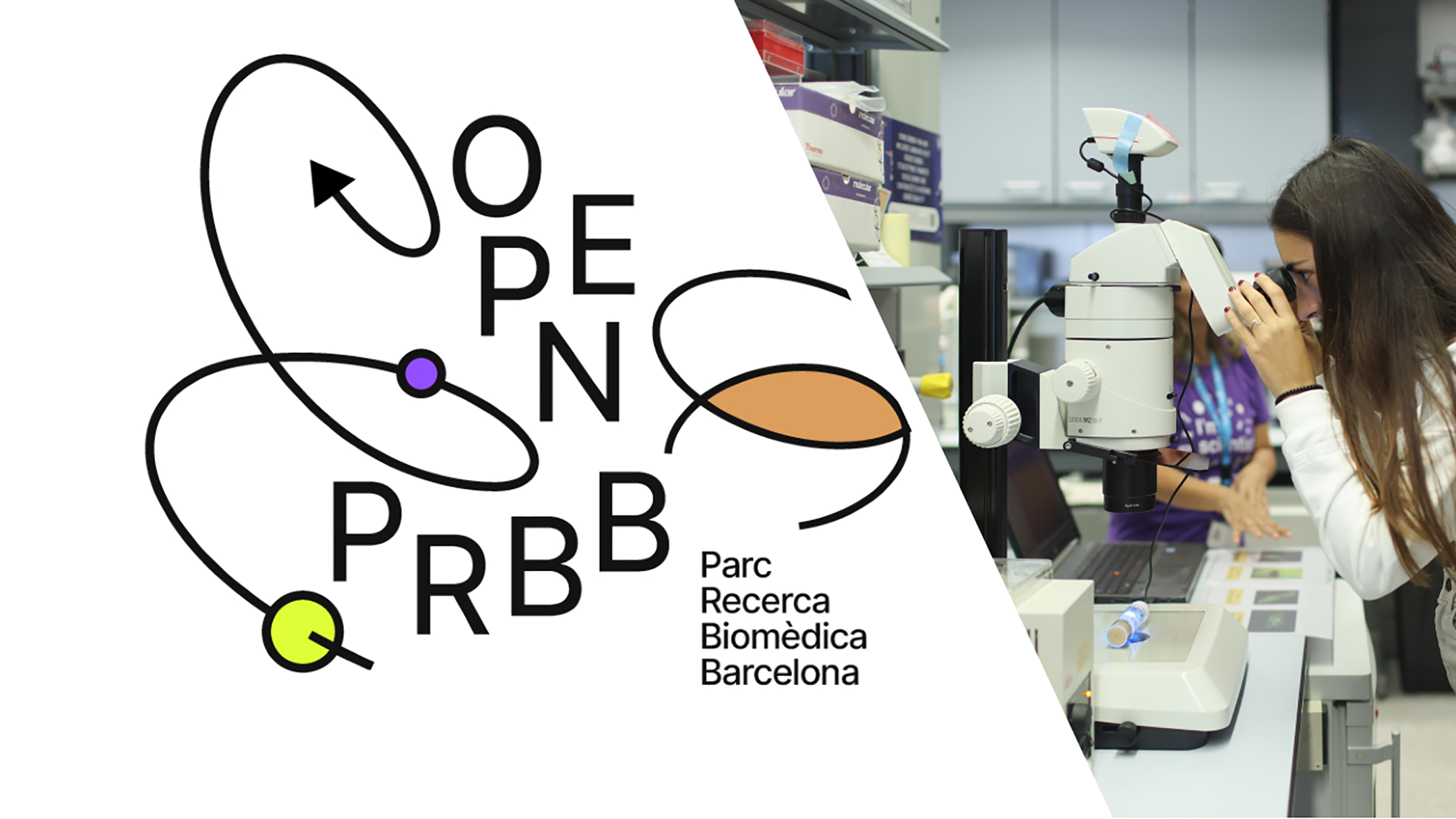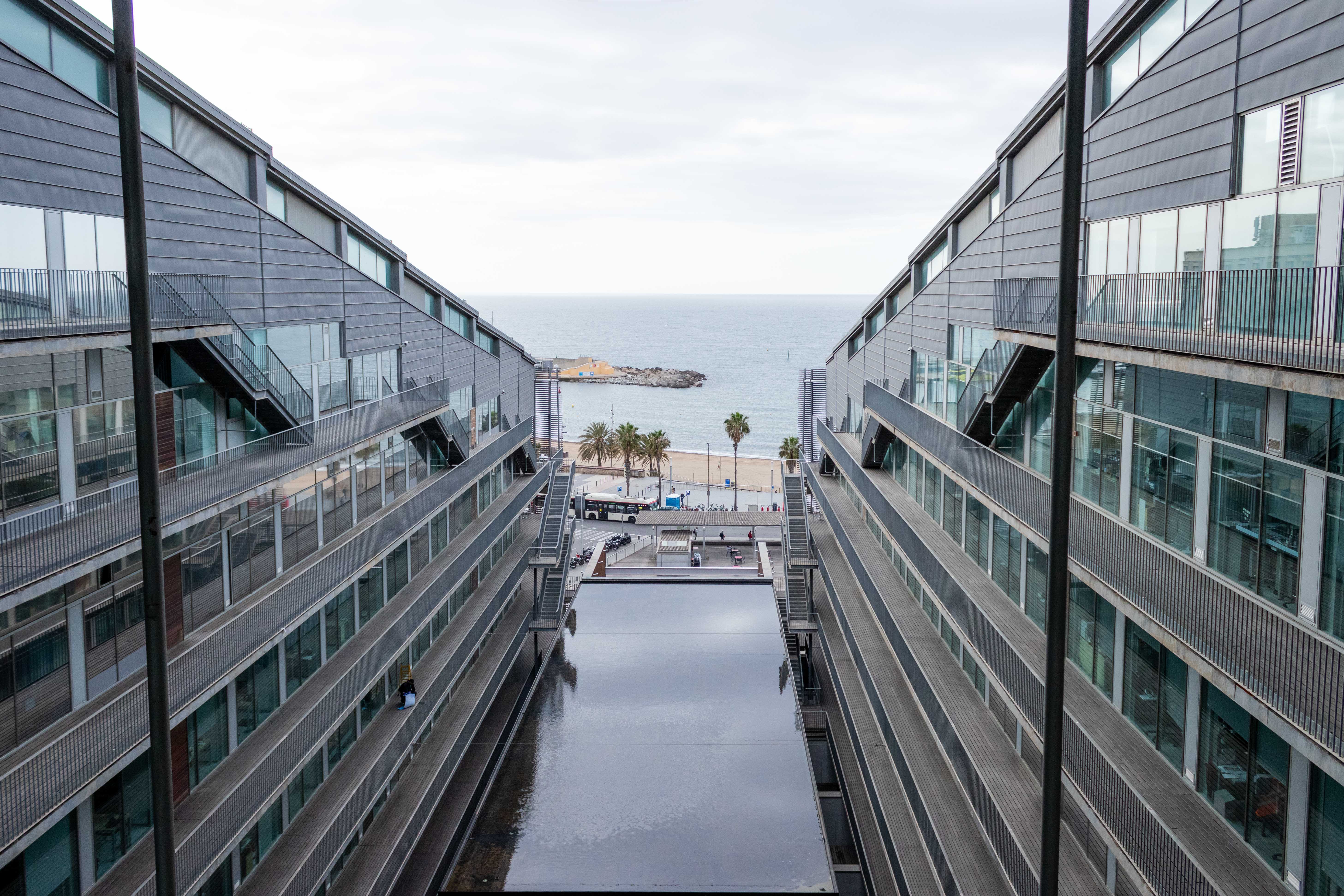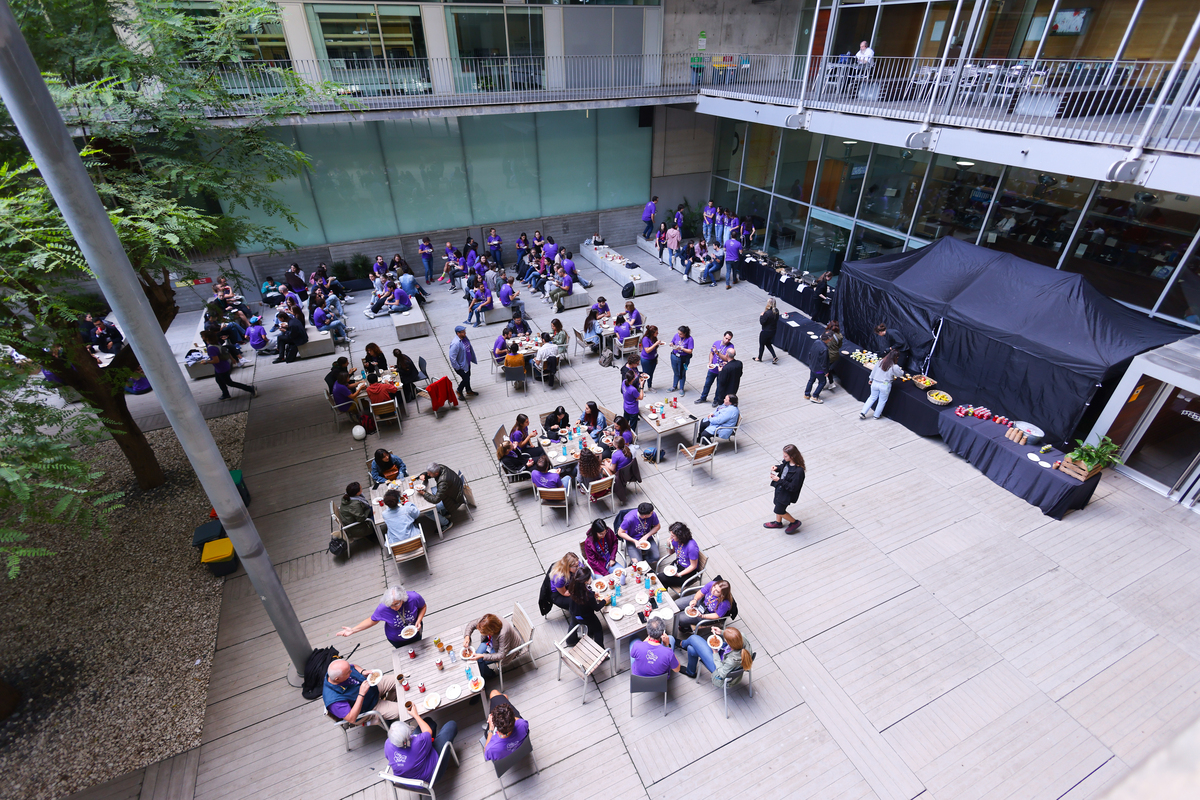Visita el IBE durante el #OpenPRBB
La ciencia está llena de SHEroes cuya pasión, trabajo y creatividad han inspirado la biología evolutiva de hoy.
Como parte de nuestro compromiso con la sociedad, el Instituto de Biología Evolutiva (IBE, CSIC-UPF) quiere dar crédito y visibilidad a los logros de las científicas en evolución.
Con ese objetivo, lanzamos la campaña #WhoisyourSHEro para compartir historias de mujeres que han tenido un impacto en la carrera científica de nuestras/os investigadoras/es a través de las redes sociales y la web.
La campaña sigue avanzando a medida que más y más mujeres en evolución inspiran a la comunidad IBE.
Puedes unirte a la conversación a través de las redes sociales con el hashtag #WhoisyourSHEro.
Con la colaboración de la Fundación Española para la Ciencia y la Tecnología - Ministerio de Ciencia e Innovación.
 |
Visita el IBE durante el #OpenPRBB
Como cada mes de octubre, el Parque de Investigación Biomédica de Barcelona (PRBB) celebra la jornada anual de puertas abiertas, la #OpenPRBB. Esta edición el sábado 7 de octubre de 10 a 14.30 horas, tendréis la oportunidad de conocer más de cerca el PRBB y sus siete centros de investigación, incluyendo el IBE, a través de varias actividades de divulgación científica gratuitas y aptas para todas las edades y públicos.

Agenda del IBE en las Jornadas de puertas Abiertas del PRBB
Visita guiada al Laboratorio de Genómica Comparativa
Después del éxito a la edición anterior, los investigadores predoctorales Marc Palmada y Alejandro Valenzuela participan nuevamente al OpenPRBB para explicar su investigación a través de un taller de genómica para todos los públicos. Los asistentes ayudarán a los investigadores a identificar especies a partir de información genética.
Hace falta un registro previo en la web https://openday.prbb.org para las visitas guiadas por el edificio en grupos de 10 personas y acompañados por investigadoras e investigadores. La edad mínima es de 12 años. Los más pequeños (de 6 a 12 años) podrán participar en un espacio dinámico con experimentos adecuados en su edad.

Charlas científicas: "Pequeñas ayudantes unicelulares y cómo aparecieron los animales en la tierra" – Victoria Shabardina
Cuando: 7 octubre, 11.30h (30 minutos)
Dónde: Plaza interior PRBB
Somos criaturas multicelulares, es decir, estamos hechos de millones de células. Pero la vida en la Tierra no siempre fue así: hace muchísimos años, nuestro planeta estaba habitado únicamente por organismos unicelulares.
Durante la evolución, estas células individuales tuvieron que aprender a cooperar, a escucharse mutuamente para que pudieran llevar a cabo una gran obra de la naturaleza al final: el diverso mundo de animales en el cual vivimos ahora.
Victoria Shabardina, estudiante postdoctoral del laboratorio de Evolución del genoma Eucariota al IBE, nos explica en esta charla como gracias a los parientes unicelulares de los animales podremos conocer como y por qué aparecieron los animales en la Tierra.

Más información y registros aquí:
Open PRBB 2023 Registro, Sáb, 7 oct. 2023 a les 9:30 | Eventbrite
